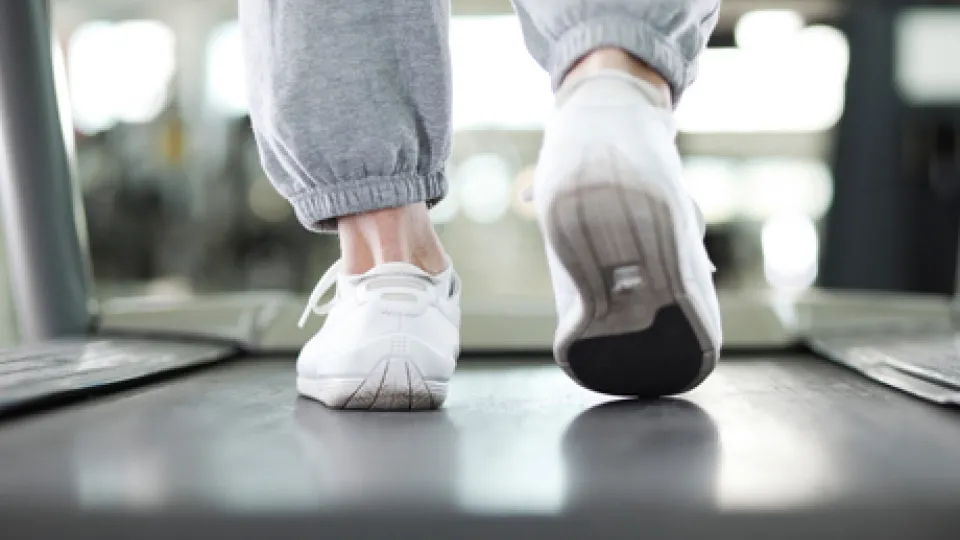
Do you end each day with tired, aching feet? The average, non-active individual takes between 2,000 and 7,000 steps per day, according to the U.S. National Library of Medicine. As a health care professional, your number of steps is likely much more, as you spend the majority of your day on your feet. And our students at Concorde are no exception. One of the earliest topics of conversation once they enter their program is, "Where'd you get those kicks?"
If your feet are hurting at the end of the day, it may be more than just the results of a busy day at school or on the floor of your hospital. It may be your shoes.
CONSIDER THE PRESSURE ON YOUR FEET
If you are taking more than 7,000 steps every single day, which you are likely to do as a health care pro, your feet are under an extreme amount of pressure. Dr. William Knudson, a board-certified podiatrist in Virginia, indicates that just 2,000 steps, or one mile of walking, puts 63 tons of pressure on each foot. That's a tremendous amount, and you are walking much more than this in the average work day. Without properly supporting shoes, your feet are taking on far more stress than they should have to face.
WHY PROPER FITTING SHOES ARE IMPORTANT
So why are proper fitting shoes so important? When you have footwear that fits your feet and provides the right amount of support, some of that pressure created by walking is absorbed by the shoe. This can limit the amount of stress and pain you experience.
Foot pain and even chronic conditions like plantar fasciitis are typically the result of poorly fitting shoes. Poor shoes can create blisters, bunions, corns, and calluses, all of which increase your discomfort. Over time, continued stress on muscles and joints in the foot can lead to problems with your stance, which in turn will add strain to your back and hips. Because your feet provide the foundation for the body throughout the day, failing to wear good shoes can create a large number of problems.
FINDING THE RIGHT FIT
One key to ensuring your feet are properly supported is to buy shoes that fit properly. A good fit will provide about 1/2-inch of space in front of your toes, and a heel that fits snuggly and does not move. Also, there should be room for the arch to sit naturally, or you should add inserts to provide proper arch support. The shoe needs to provide good cushioning for your heel and your arch.
Look for a shoe that has a wide, square or round toe box, rather than a pointed one, so your toes are not compressed or crowded. When trying on shoes, try to shop towards the end of the day, as your foot will swell throughout the day. This will ensure a fit that works all day long.
If your feet constantly hurt at the end of a long, busy day at the hospital or clinic, take a closer look at your shoes. It may be time to shop for a new or better-quality pair. With a pair of shoes that fit right, you can eliminate much of the pain and discomfort you are experiencing every day.
From head to toe, Concorde has qualified health care programs that suit every student’s interests. Contact one of our career counselors today to get started!
Take The Next Step Towards a Brighter Future
We have a Concorde representative ready to talk about what matters most to you. Get answers about start dates, curriculum, financial aid, scholarships and more!




